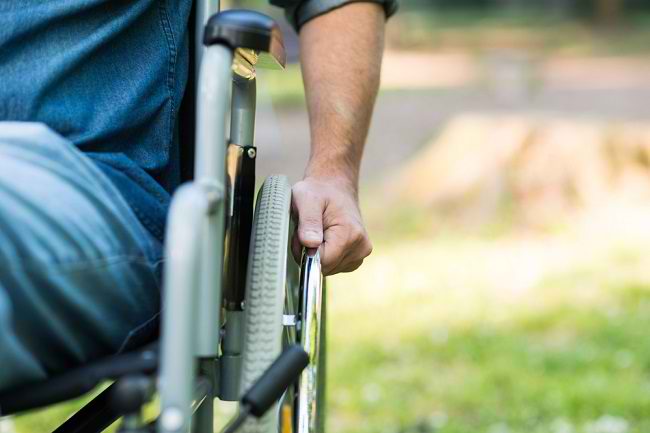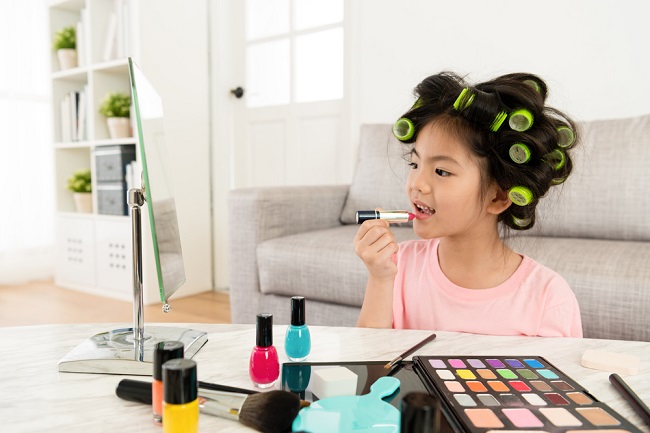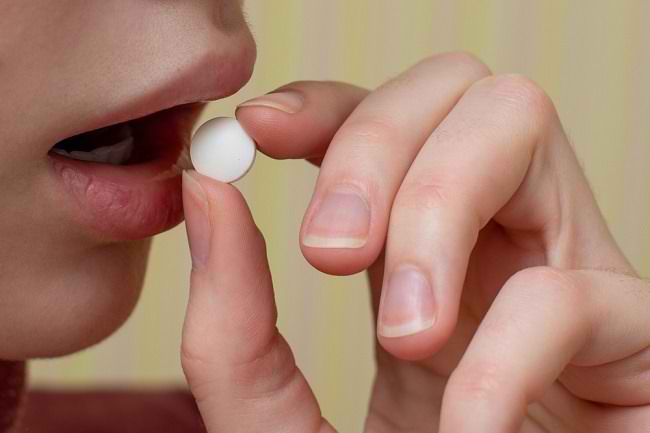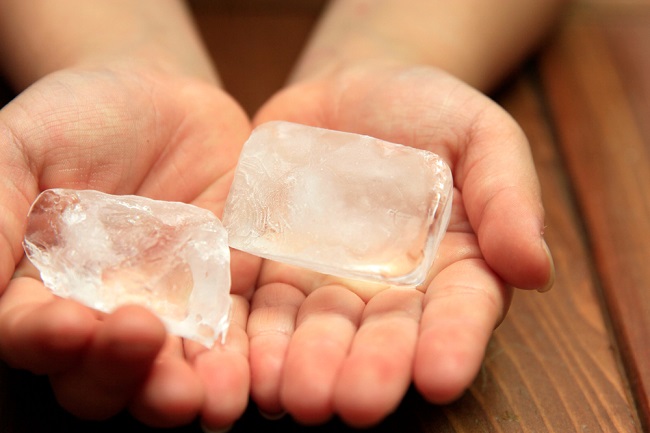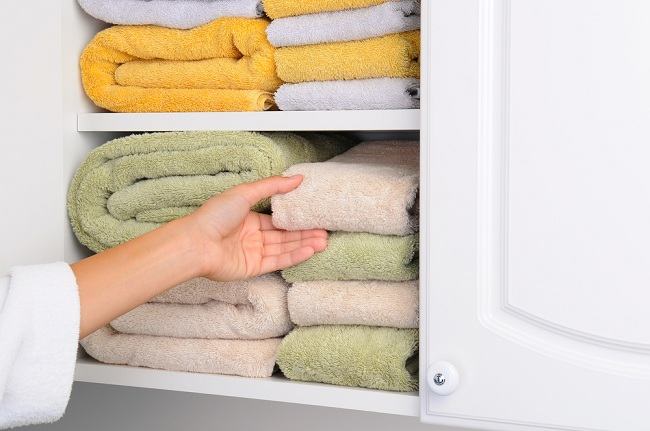In addition to physical health, children's mental health should not go unnoticed. The reason is, mental health is very influential on social life, emotional development, and even children's physical health. Come onSee how to take care of your child's mental health here.
According to the World Health Organization (WHO), 1 in 5 children has a mental disorder. Mental disorders can take various forms, such as ADHD, behavioral disorders, anxiety, depression, to Tourette's syndrome. Therefore, the symptoms that occur are also different.

Children can have bad relationships with family or friends, experience decreased performance at school, experience sleep disturbances or physical complaints of unknown origin, behave aggressively, feel constantly sad and depressed, often hurt themselves, or even think about committing suicide. self.
The Right Way to Maintain Children's Mental Health
In order for your little one to have a good social and emotional life, it is important for you to take care of his mental health as early as possible. Some of the ways you can do so that your child's mental condition remains good are:
1. Build children's trust in their parents
The main key in maintaining children's mental health is to build children's trust in their parents. This is important so that the child feels in a safe position and has a place to lean on and complain, so that he does not grow up to be a bad person. insecure.
One way to build trust between your little one is to always keep promises. In addition, also provide comfort when your little one is having problems that make him feel sad or anxious. Give him a hug and tell him that no matter what happens, you will always be by his side.
2. Build a good relationship with children
A good relationship between parents and children can prevent children from experiencing mental disorders, you know. One way to establish a good relationship with children is through good communication. Avoid saying sentences that hurt the child and are not constructive.
Also, do fun activities together, such as reading a book, drawing, coloring, or playing a game. These activities will strengthen your relationship with your little one.
Not only with you, your little one also needs to establish good relationships with other family members, from brothers, sisters, to grandparents. In addition, also give your little one space to be able to establish relationships with their peers.
3. Increase the child's self-confidence
Confident children tend to be able to do many things on their own, always think positively, and have pride in themselves. now, these things are components of a healthy mind.
So that your little one can be confident, give him the opportunity to do many things and don't easily stop him from exploring. You just need to give him direction, support, and remind him when he's wrong.
In addition, give praise for his efforts when your little one does something, whether it works or not. However, make sure the compliment remains realistic and not excessive, yes.
4. Teach children how to relieve stress
You need to understand that stress is normal, including in children. Your little one can be stressed because of a lot of homework at school or disagreements with friends. now, you need to teach him how to relieve stress so that in the future he is able to deal with the problems that occur to him.
Realize when your little one looks stressed and invite him to stop thinking about the problem for a moment. Ask him what would make him feel better. Teach him that this is important to do, because to solve problems effectively, it takes a calm mind.
5. Familiarize children with a healthy lifestyle
Physical health will also be healthy mentally. So, make sure your little one always applies a healthy lifestyle so that his mental health is maintained, yes. Give your little one nutritious food every day, such as fruits, vegetables, whole grains, and protein foods.
Also invite your little one to be active with regular exercise. Your little one is free to choose whatever sport he likes, but you also have to make sure the exercise he does is age-appropriate. Also, make sure your little one gets enough sleep.
Good mental health will make children happier and healthier. In addition, children are also able to build good relationships with others, absorb lessons well, and are able to rise when faced with problems, so that they can grow as stable adults.
Follow the tips described above so that your child's mental health is always maintained. You also have to be observant of the changes in behavior experienced by your little one. As much as possible, explore the problem of what happened to him or his environment. If you have trouble, you can ask a psychologist or psychiatrist for help.


